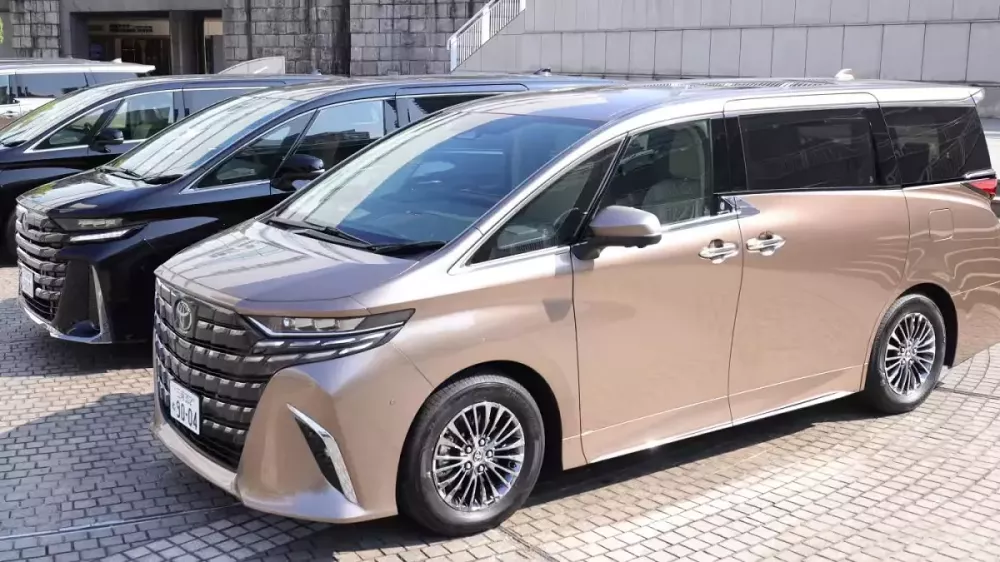Toyota, the world’s leading car manufacturer, is facing a unique situation as it is forced to decline orders for half of its car models at dealerships in Japan. This is due to the backlog of orders caused by ongoing supply constraints caused by the Covid-19 pandemic.
According to a survey conducted by Nikkei, Toyota dealerships in Japan have reported that since mid-November, the company has stopped accepting orders for the Toyota Alphard, a popular large-size MPV model. Additionally, the company has also halted the acceptance of deposits for the upcoming Toyota Land Cruiser 300 SUV due to concerns about fulfilling orders prior to the launch of a new car model.
Since the end of June this year, orders for the new generation Toyota Alphard in the Japanese market have been restricted. Additionally, orders for the upgraded version of the Toyota Aqua model were temporarily suspended in September. However, car models like the Toyota Harrier and Corolla Cross are not subject to these restrictions.
The impact of this order halt on half of the car models in the Japanese market is reflected in Toyota’s overall sales figures. From April to October 2023, Toyota’s dealership sales only saw growth in two months compared to the same period last year.
The most significant decline in Toyota’s sales figures occurred in August this year. During the same period last year, the demand for Toyota cars was high due to the launch of the new generation Sienta model.
In contrast to other car manufacturers, Toyota is facing three key challenges.
The first challenge is the demand exceeding supply. Toyota has revised its domestic production forecast for Toyota and Lexus cars for the fiscal year 2023, increasing it by an additional 90,000 units to a total of 3.34 million units. According to the Japan Automobile Dealers Association, Toyota’s market share in the Japanese market from July to September increased by almost 10 percentage points compared to the same period last year, reaching over 50%.
The second challenge is the significant backlog of orders. Toyota’s production system assembles cars based on orders to minimize inventory and waste. When production capacity decreased due to chip shortages during the Covid-19 pandemic, the company continued to accept orders. The backlog of orders for Toyota reached around 1 million cars at its peak.
The final challenge is the integration of Toyota’s sales channels in 2020. Previously, Toyota dealerships were divided into four types, each selling a specific range of car models. However, now Japanese customers can purchase any Toyota car model at any dealership. As a result, there has been an increase in orders for certain popular car models and also an increase in order cancellations.
Fortunately, the situation for Toyota is showing signs of improvement. The average delivery time has decreased from around 6 months at the end of 2022 to less than 5 months. Some sources suggest that the delivery time will continue to decrease to around 4 months in the spring.
The restrictions on new orders have been partially relaxed since mid-November, and it is anticipated that the situation will return to normal after the spring of 2024. However, if this does not happen, consumers may consider switching to competitors’ cars.













































